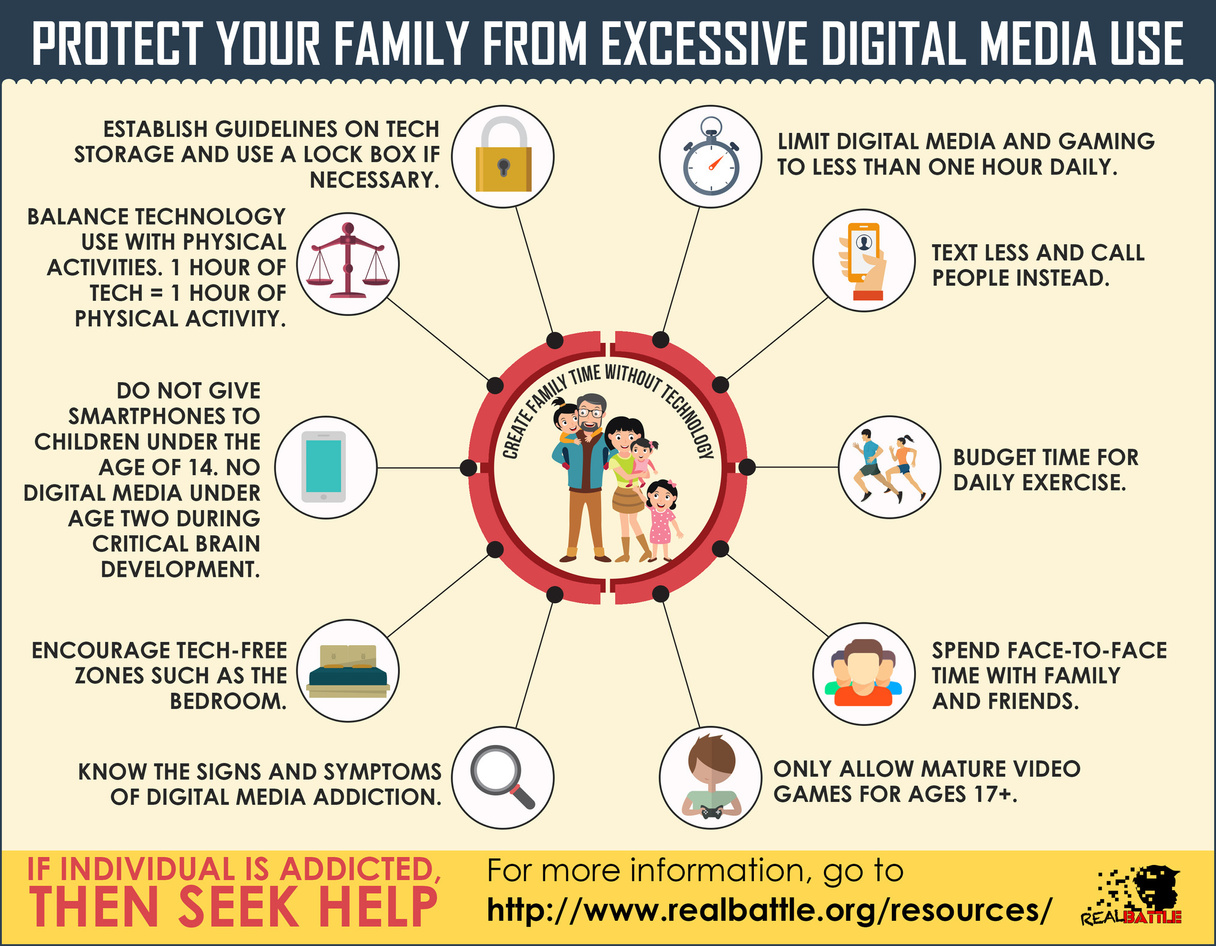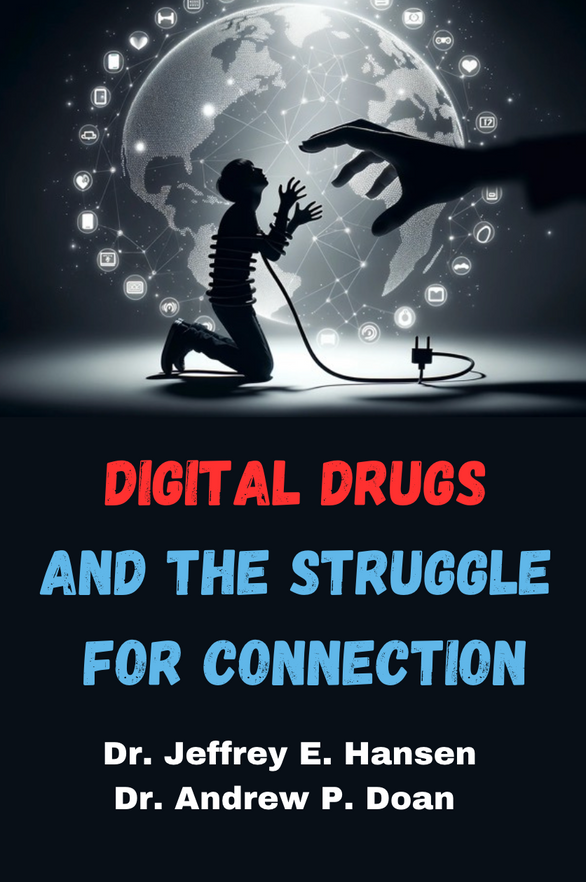About Dr. Jeffrey Hansen

Jeffrey E. Hansen, Ph.D., a Pediatric and Adolescent Psychologist, holds degrees from UC Berkeley and the University of Arkansas. His experience includes working with military families, both in uniform and as a civilian at Madigan Army Medical Center. He established the Center for Connected Living, LLC and now serves as Clinical Director at Holdfast Recovery, Prescott, AZ. An author of four books, Dr. Hansen frequently speaks on addiction and trauma. Dr. Hansen’s website: https://www.jeffreyhansenphd.com/
About Dr. Andrew Doan

Andrew P. Doan, M.P.H., M.D., Ph.D. specializes in ophthalmology, aerospace medicine, neuroscience, and public health. Dr. Doan received his M.D. and Ph.D. degrees from The Johns Hopkins University, School of Medicine. He completed an Internal Medicine Internship and Ophthalmology Residency at the University of Iowa. He spent three years with psychiatrists and psychologists to study and research media addictions and has studied media addictions for over 13 years. Dr. Doan has trained over 2000 healthcare providers on media and gaming addiction, and has a following of over 93K on Facebook and over 23K YouTube Subscribers.
Dr. Doan’s website: https://www.andrew-doan.com
The Positives of video games
Video games hold a complex place in modern culture, acting as both digital salves and potential vices. When played in moderation, approximately 1 to 2 hours daily, video games offer a range of health benefits. They have been shown to reduce the perception of pain during intense medical procedures like burn treatments and even during labor. Additionally, strategic and problem-solving game elements can enhance mental cognition, offering a reprieve from depressive symptoms and improving hand-eye coordination.
However, when played too much, there are negatives. Even water is lethal if ingested in large quantities. Scroll down for more information.
The dark side of gaming
The flip side of this digital coin reveals a more concerning picture. Excessive gaming can lead to a variety of mental health issues, including ADHD, depression, anxiety, mood disorders, and autistic symptoms known as “virtual autism”. It can disrupt normal sleep patterns, leading to significant sleep deprivation and violent tendencies. Perhaps most notably, the immersive and often rewarding nature of video games can lead to addiction, where the game world takes precedence over real-life responsibilities and relationships. This dichotomy positions video games as a digital drug—a source of both therapeutic relief and potential dependency. It's crucial for players to find a healthy balance to harness the benefits of gaming while avoiding its pitfalls.
The World Health Organization
Defines Gaming Disorder
“Gaming disorder is defined in the 11th Revision of the International Classification of Diseases (ICD-11) as a pattern of gaming behavior (“digital-gaming” or “video-gaming”) characterized by impaired control over gaming, increasing priority given to gaming over other activities to the extent that gaming takes precedence over other interests and daily activities, and continuation or escalation of gaming despite the occurrence of negative consequences. For gaming disorder to be diagnosed, the behavior pattern must be of sufficient severity to result in significant impairment in personal, family, social, educational, occupational or other important areas of functioning and would normally have been evident for at least 12 months.” - The World Health Organization
Researchers estimate that between 1.7% to 10% of gamers in the U.S. could be considered addicted to video gaming. Given that there are approximately 227 million gamers in the U.S. in 2023, this would mean that potentially between 3.86 million (1.7% of 227 million) and 22.7 million (10% of 227 million) individuals might be grappling with gaming addiction. There are about 3.09 billion gamers in the world. Applying these percentages to the global context would yield an estimate of addicted gamers ranging from about 52.53 million (1.7% of 3.09 billion) to a staggering 309 million (10% of 3.09 billion) globally. These numbers highlight the need for awareness and resources to address potential gaming-related issues.

Consider a digital detox discussed in this
Book Reviews
“This is the definitive primer for screen issues that clearly defines the real problem--along with the solution: in our shiny digital age, kids are starved for a sense of purpose and need meaningful real-world connection! Thank you Drs. Doan and Hansen for this essential resource.”
Nicholas Kardaras, PhD
Bestselling author of Glow Kids and Digital Madness, Assistant Clinical Professor at Stony Brook Medicine
“This is an excellent book. It is easy to read, contains accurate, valuable information, and is very practical. As I read it, I thought ’I want to give this to all my family members with young children’. And I will.”
Hilarie Cash, PhD, LMHC, CSAT, WSGC
Founding Member reSTART, Chief Clinical Officer (CCO),
Education Director
“Child and adolescent psychologist Dr. Jeffrey Hansen and physician-neuroscientist Dr. Andrew Doan bring their half century of professional expertise to bear on the problem of media addiction and its destructive effects on a child’s neurological and emotional development. This book is a must read for guiding children and adults through the hazards and promise of the electronic screen age.”
Andre Van Mol, MD
Board-certified family physician, Co-chair, Council on Adolescent Sexuality, American College of Pediatricians, Co-chair, Sexual and Gender Identity Task Force, Christian Medical & Dental Assoc.
Book Reviews
“This is a “must-read” guide If you have a child or patient with ADHD, Anxiety, Bipolar disorder, IED or ODD. Drs. Hansen and Doan have written an invaluable guide for professionals and parents alike. Even after 30 plus years of experience, this book will guide my practice daily. Read this and learn from the best.”
Salvatore Bitondo, LMSW, BCD
Chief, Family Advocacy Program, Behavioral Health Service Line, Madigan Army Medical Center, JBLM
“Having undergone a paradigm shift, the methods of today’s information delivery and consumption, interpersonal communication, and routine interaction with the environment transformed our society on multiple levels. If one is wondering why they can't stop at "just one" YouTube short or TikTok video before turning off the app, they may just find the answer in this book. I found mine as I was tapping through its pages on my Kindle ...and appreciated the irony.”
Marat V. Zanov, PhD, ABPP, MBA
Installation Director of Psychological Health
Chief, Behavioral Health Service Line
Kenner Army Health Clinic, Fort Gregg-Adams, VA
Contact Details
Email Dr. Jeffrey Hansen
jeffrey.hansenphd [AT] comcast.net
Email Dr. Andrew Doan
andy [AT] andrew-doan.com
The views expressed on this website are those of the author and do not necessarily reflect the official policy or position of the Department of the Navy, Defense Health Agency, Department of Defense, or the United States Government. Any mention of products/services does NOT imply endorsement by the Department of the Navy, Department of Defense, or the United States Government.
Copyright 2024

